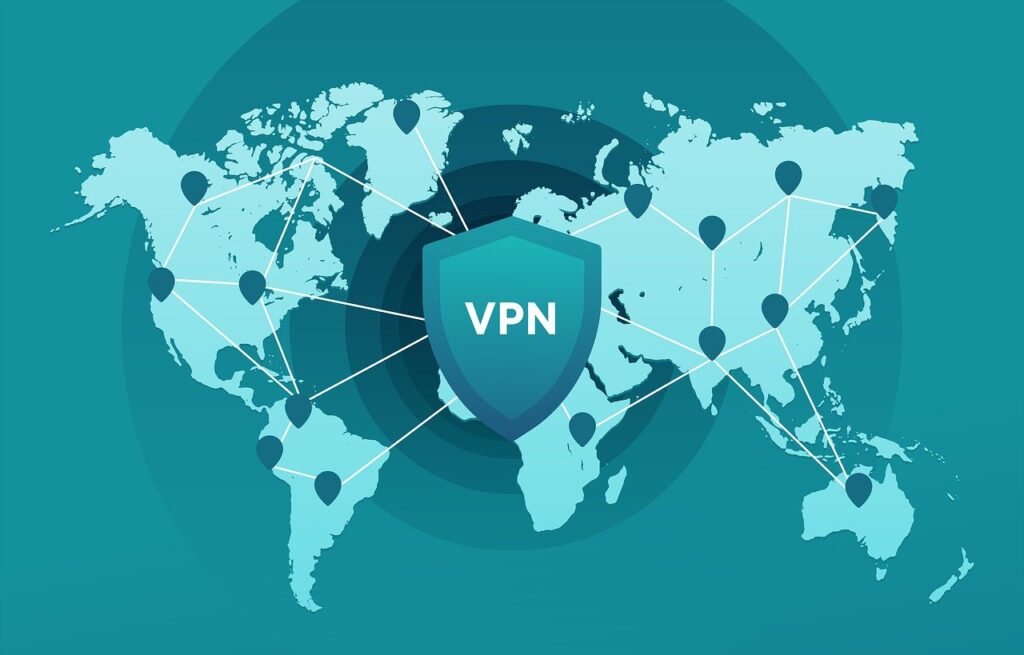
What is the Virtual Private Network (VPN)?
A VPN, or Virtual Private Network, is a technology that allows you to create a secure and encrypted connection over a less secure network, such as the internet. It enables users to transmit data securely and privately over a public network by encrypting the data and routing it through a remote server.
Here’s how it works:
1-Encryption: When you connect to a VPN, your device encrypts all data that is sent over the internet. This encryption ensures that even if someone intercepts the data, they won’t be able to decipher it without the encryption key.
2-Tunneling: The encrypted data is then encapsulated within another layer of data packets, creating a secure “tunnel” through which your data travels.
3-Remote Server: The encrypted data is sent to a remote VPN server, which decrypts it and forwards it to its destination on the internet. This process also works in reverse, with data from the internet being encrypted by the VPN server before being sent to your device.
4-Anonymity and Privacy: By routing your internet traffic through a VPN server, your IP address (your unique identifier on the internet) is masked, and your online activities are anonymized. This helps to protect your privacy and prevent websites, advertisers, or even your internet service provider from tracking your online behavior.
Overall, VPNs are commonly used to enhance online privacy and security, bypass geographical restrictions (such as accessing region-restricted content), and protect sensitive data when using public Wi-Fi networks.



